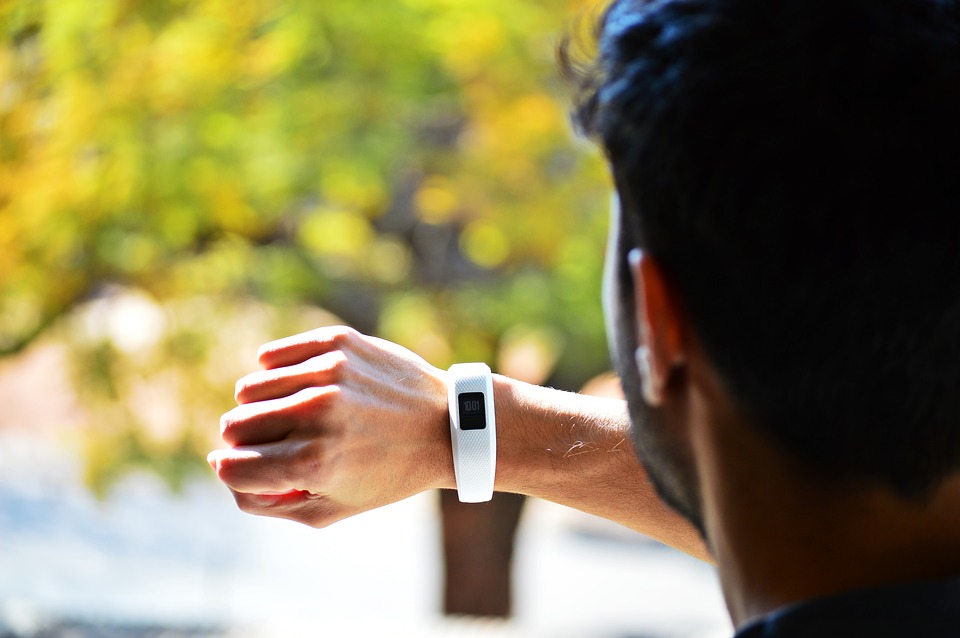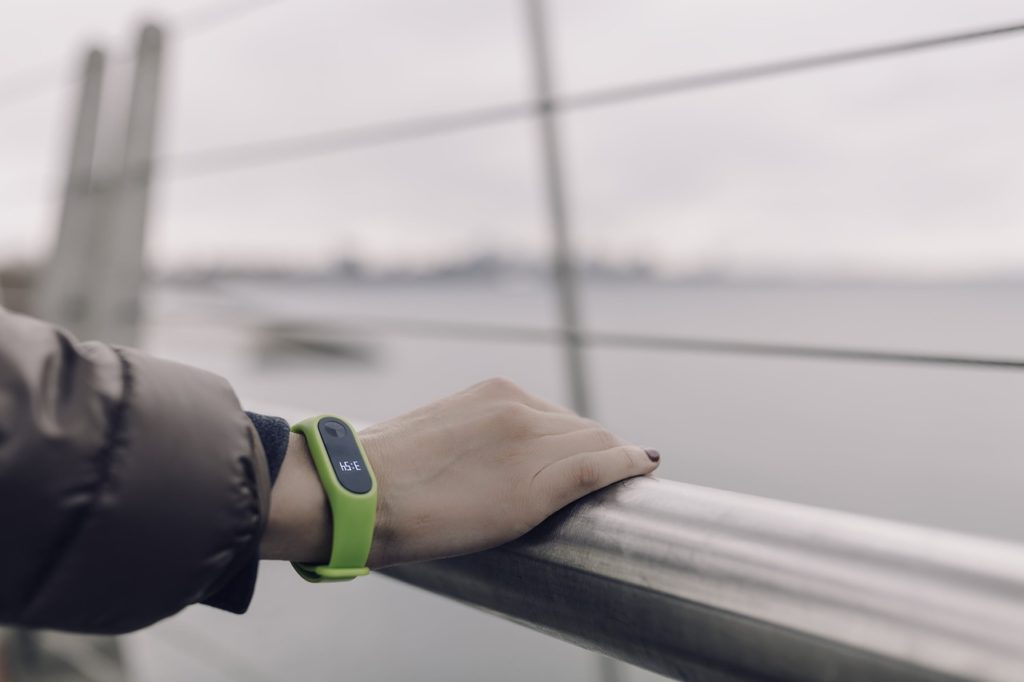Recently Google has decided to dive into some more hardware action by purchasing FitBit for $2.1 billion. Seeing as Google lacks a bit in terms of wearables compared to say…Apple, this could be the move that helps get them into the smartwatch race.
We’re all aware that Google’s #1 purpose and God-like power in this world is providing us tailored search results and offering an ad platform to help generate leads. When it comes to everything Internet, Google has it all on lock. Nobody ever says they “Yahoo’ed” or “Bing’ed” anything. Are those still even a thing?
When it comes to hardware, Google is a bit lacking. Sure they tried out Google Glass (which was honestly pretty meh) and Google Home, but other than that, there aren’t that many products we physically use with the Google brand name on them. With Samsung and Apple pretty much dominating the market, Google is getting antsy and wants into this exclusive club.
Google’s Previous Attempts
There have been many attempts from Google to try and get their hands deeper into the hardware market. Back in 2011, they bought Motorola Mobility for $12.5 billion. While they were able to access approximately 25k patents, they shortly after sold Motorola to Lenovo for only $2.91 billion. Many declare this as a major flop on Google’s end, while others viewed it as a successful strategy to get Samsung back in line and maintain Android OS as a staple in the smartphone industry.
Later on, in 2014, Google acquired Nest in order to get their Google Home & Google Nest products into the smart home game. Being rivaled by Amazon Alexa & Amazon Echo, this was an excellent outcome for Google. That same year Android Wear was released, which was quickly overlooked once Apple’s smartwatch came along.
2018 came the purchase of the HTC smartphone branch for $1.1 billion. The motive was to improve Pixel smartphones. With not even 1% of the smartphone market share, can we even consider Pixel phones’ existence?
Even after the affairs with Motorola, Nest, HTC, and rolling out numerous hardware lines, there has not been one strong example of Google having a successful hardware campaign. So it’s looking like a Google smartphone might be too difficult to pull off since the market monopolies have been well-established.
Perhaps the acquisition of Fitbit is a desperate investment to have even the slightest chance against Apple when it comes to smartwatches & health tech. These wearable devices are the next big trend aside from the smartphone. In fact, as time goes on, statistics are showing that mobile phone trends are plateauing while wearables continue to trend upwards. Maybe Google is really onto something.
Can Fitbit Make A Difference?
Fitbit is Google’s shot at making a more significant impact in the wearables department. Fitbit is mainly known for its fitness bands and smartwatches, while they also have other accessories meant to help track statistics. These devices are extremely useful for tracking the number of steps, how many minutes exercised, heart rate, calories burned, and more. Fitbit applications also exist to better keep track of progress.
Now that Google has access to FitBit patents and data, they have a better chance of competing with Apple when it comes to smartwatches and health tech. Apple is the head honcho when it comes to wearables. And even though Samsung has its own line of fitness trackers, they still fall behind FitBit – who happens to be 2nd place right behind Apple.
Even then, Fitbit itself has been struggling in the market. With Apple’s heavy domination, it’s difficult to keep up the pace. Smartwatches are the second-fastest-growing wearables after ear-wear. Even with its dominance, Apple isn’t the only competitor in the market.
So what’s going to happen when you combine the forces of FitBit and Google? Well, one of the most critical parts of this acquisition is the valuable access to certain data such as when people wake, their activity, and so on. This gives them an edge in the healthcare business, which is quite lucrative.
The Data Problem
We all know those big companies like Google love data. Plenty of observers believe the FitBit buy was made purely to gain access to personal data rather than push forward into the smartwatch industry. However, Google has stated that “Made by Google” devices are scheduled to launch thanks to the Fitbit purchase.
Plans are set in place for health data to be stored in Google’s cloud unit, while software allows aligning the data with medical records accessible by healthcare providers. This aligns with Google’s deep interest in the healthcare realm, where they fund Calico, DeepMind, and Verily. The goal of these divisions is to detect diseases and prevent them with the use of medical devices and tracking software.
While Google promised not to use the data acquired from FitBit to target ads to its users, many are (understandably) skeptical. The same promises were made when Google purchased Nest, a smart thermostat maker. After that, with Nest thermostat users were required to create Google accounts in order to keep using their devices.
Fitbit users have already expressed their worries about what Google might use their data for. It’s understandable since they didn’t exactly see this coming. Sure, Google “promised” to use the data responsibly. At the same time, we’ve seen them do the exact opposite.
What Now?
Honestly, Google’s only real chance at making it into the smartwatch and wearables market is by sticking to FitBit’s motto: selling lower-end fitness trackers and smartwatches for a more affordable price. Apple already has such a stronghold on first place; it’s basically impossible to get close behind. Either way, Google seems to still want a piece of the pie even if it’s small. We can’t blame them either.
While Fitbit has a history of struggling to expand, Google’s ownership can provide the resources to fill in the gaps. This will hopefully result in a more complete product that can have a big impact on the health industry for both healthcare providers and customers. The dark side is access to users’ sensitive data, such as health statistics and specific locations.
What is Google’s real motive? Will they succeed? Or will FitBit be Google’s Next Motorola?



